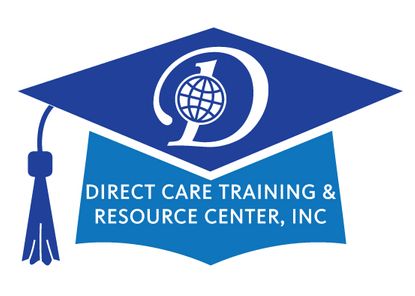 Adult day care centers are true beacons of quality community based care. Small-scale and even larger assisted living programs also make meaningful contributions to care along the continuum. Due to the fact that both of these business models have evolved there are numerous ways that each can complement one another. This is hindered, however, when either party in the relationship feels insecure or threatened by the prospect that dealing with one another will result in the loss of a resident or program participant.
Adult day care centers are true beacons of quality community based care. Small-scale and even larger assisted living programs also make meaningful contributions to care along the continuum. Due to the fact that both of these business models have evolved there are numerous ways that each can complement one another. This is hindered, however, when either party in the relationship feels insecure or threatened by the prospect that dealing with one another will result in the loss of a resident or program participant.
In reality, adult day care has so evolved. Some even manage complex psychiatric rehabilitation programs. In some states, including Michigan, Maryland, California and others, those living in small group home environments are able to make use of mental health and physical rehabilitation services during the day in a local day services program which adds to their quality of life. It can also take a little pressure off the assisted living environment if for only 6 to 8 hours. The result is a happier, more fulfilled resident which benefits everyone.
To alleviate any insecurity perhaps both parties can sign a non-compete agreement. Such a document would prevent either party from introducing residents to  competitive care providers, although it would not bind an adult day care provider from speaking up about poor quality group living environments.
competitive care providers, although it would not bind an adult day care provider from speaking up about poor quality group living environments.
If at the end of the day the focus of all parties is on what is best for the resident, perhaps petty insecurities can be set aside in favor of a person-centered approach to care along the continuum.
Sign-in and share your thoughts.
 For more on a regular basis about life as an adult day care or assisted living provider join the LinkedIn groups:
For more on a regular basis about life as an adult day care or assisted living provider join the LinkedIn groups:
Adult Day Care Innovation & Growth and Small Scale Assisted Living Success Strategies
Contact the blogger: info@directcaretraining.com
